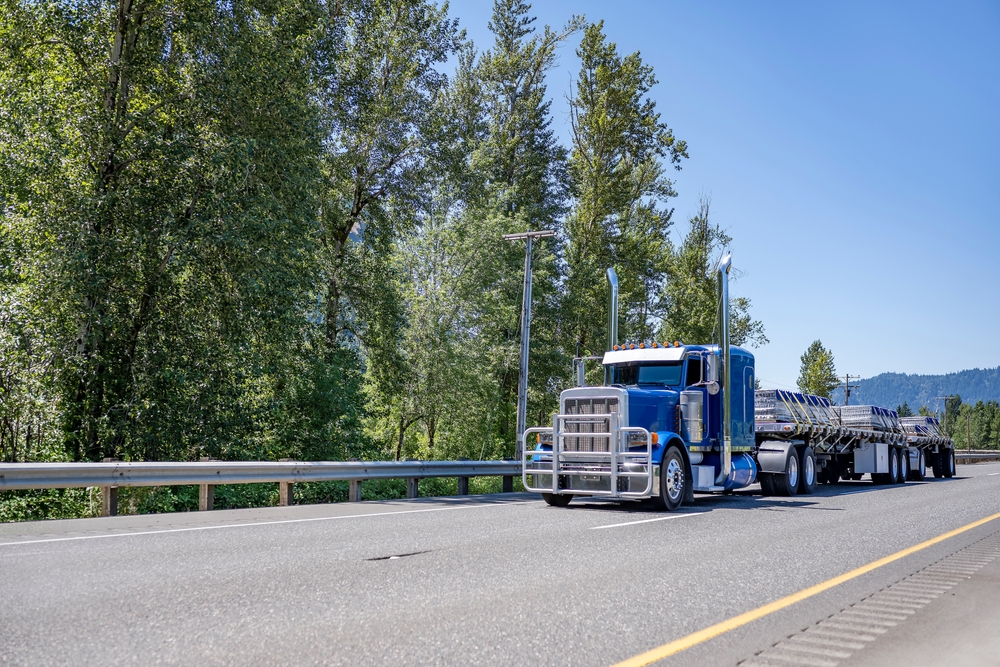California Looks to Ease Up on Fleet Electrification Rules
Trucking companies in California may finally get some clarity. The California Air Resources Board (CARB) has proposed rolling back parts of its Advanced Clean Fleets (ACF) program — specifically the rules that required large fleets and drayage (port) operators to switch to zero-emission vehicles (ZEVs).
These rules have been in limbo for over a year due to lawsuits and delays in federal approval. If CARB’s proposal goes through, fleets won’t be forced to buy or replace trucks with electric models right now, giving them more flexibility as the state rethinks its emissions strategy.
What’s Changing
CARB’s proposal would repeal the High-Priority Fleet and Drayage Truck requirements.
Here’s what those rules originally required:
- Large fleets (with more than 50 trucks or $50 million in annual revenue) had to start replacing diesel vehicles with electric ones beginning in 2024.
- Drayage trucks operating at ports and railyards had to be fully zero-emission by 2035.
These strict requirements were meant to accelerate clean-air goals but faced major legal challenges and confusion among operators. The repeal means fleets can continue operating their diesel or gas trucks for now.
What This Means for Trucking Companies
If the repeal is finalized:
- Fleets won’t be required to purchase only zero-emission trucks.
- Drayage operators can keep using existing diesel trucks at ports.
- CARB will develop new strategies to cut emissions without the same legal and financial risks.
CARB says it still plans to pursue cleaner air goals but may rely on different tactics, such as regulating warehouse emissions and expanding incentive programs for cleaner equipment instead of mandates.
More Flexibility for Public Fleets and Hydrogen
The proposal also includes updates for public fleets (like utilities and city departments), giving them more flexibility to replace vehicles when needed for essential services.
CARB is also tweaking its Low Carbon Fuel Standard (LCFS) to encourage more hydrogen fueling stations. Under the new plan, hydrogen stations could earn more credits — a move that could help grow infrastructure for clean fuels.
Why CARB Is Making This Move
CARB’s decision follows pressure from both the courts and the federal government. Several trucking and automotive groups sued the agency, arguing the ACF rules were impossible to meet and unfairly burdensome. As part of a settlement, CARB agreed to revisit or repeal the rules by October 31, 2025.
Federal regulators have also challenged California’s broader emissions authority. The EPA is currently reviewing CARB’s Clean Truck Check program, which targets diesel exhaust pollution, to determine whether California can enforce it on out-of-state trucks.
What Comes Next for Trucking Fleets
Industry groups like the American Trucking Associations (ATA) and Owner-Operator Independent Drivers Association (OOIDA) have welcomed the proposal. They say it will give fleets more predictability while still allowing progress toward cleaner technology through voluntary programs.
But this isn’t the end of California’s clean-air push. CARB has made it clear that it will continue pursuing long-term emissions reductions — possibly through new regulations, funding programs, or revised fleet standards in the near future.
For now, fleets operating in or through California can take a breath. The proposed repeal offers some short-term certainty — but the road ahead for emissions rules is far from settled.
Source:












Leave a Comment